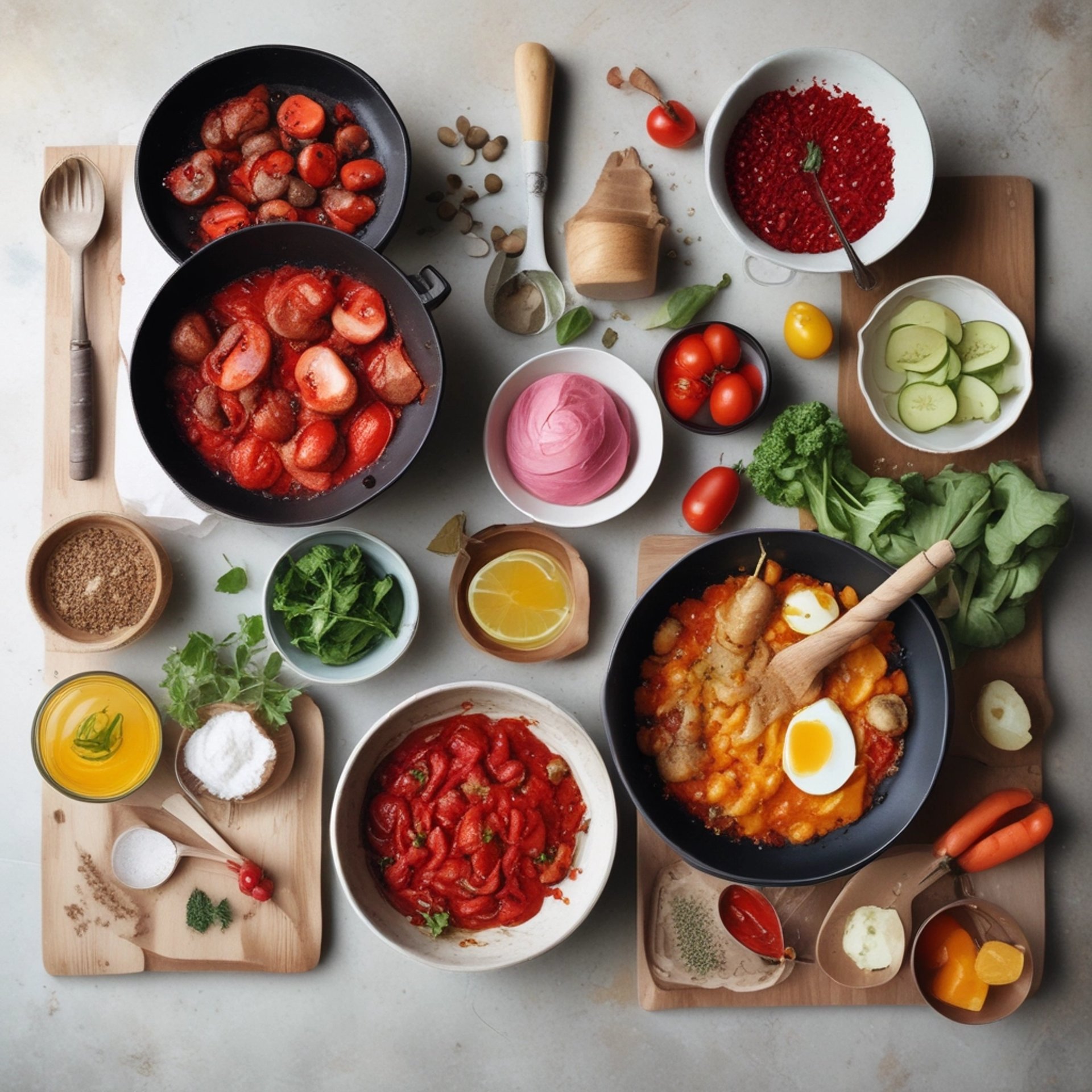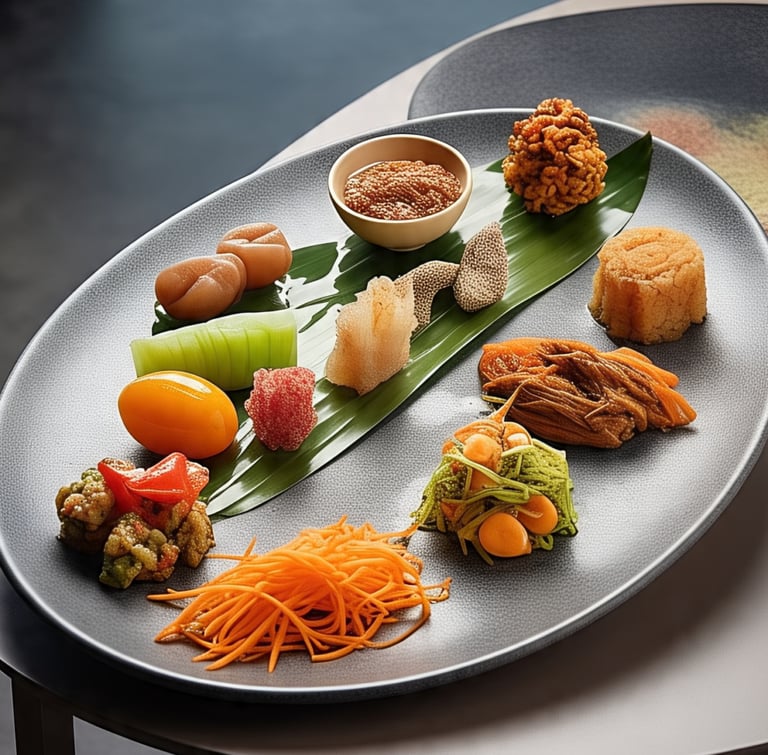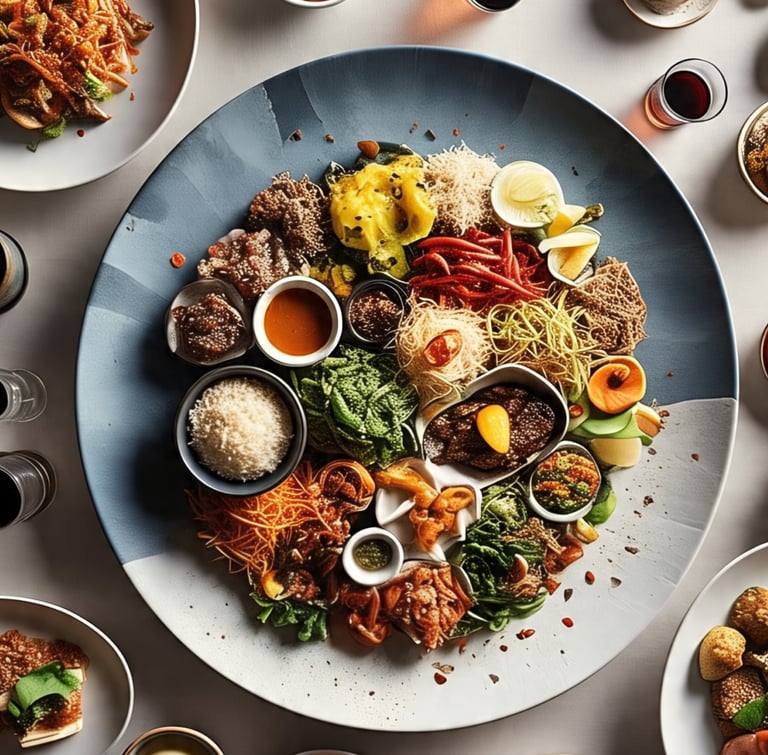
Global Language of Food: Trends & Culinary Culture
Explore the global language of food, contemporary plating, and how culinary culture shapes society and well-being. Discover the latest food trends and their impact on our lives.
ARTICLES
Vishvesh Dave
5/18/20252 min read


The Universal Language of Food: Modern Plate, Culture, and Health
Food is much more than just nourishment. It is a platter that combines creativity, tradition, celebration, and identity. With a taste of culture and history in every bite, food unites people from all over the world, from the busy street markets of Thailand to the peaceful family kitchens of Italy.
Food as a Cultural Tapestry
Food and cultural identity have been closely linked throughout history. A community's legacy is preserved when recipes are handed down through the generations, frequently remaining unaltered for centuries. More than just meals, foods like French coq au vin, Mexican mole, Japanese sushi, and Indian biryani are representations of artistic talent and national pride.
Food and Health: Purposeful Nourishment
The connection between diet and health has come to light more and more in the last few decades. Nutritional research has demonstrated how diets affect mental and emotional health in addition to physical fitness.
Global Language of Food: Contemporary Plate, Society, and Well-being
Traditional diets, such as Japanese or Mediterranean, are frequently praised for their positive health effects. Whole meals, plant-based ingredients, healthy fats, and mindful eating are all emphasized in these eating habits. In the meantime, processed foods that are high in trans fats, carbohydrates, and chemicals have been connected to an increase in the prevalence of diabetes, heart disease, and obesity worldwide.
As more individuals turn to natural, nutrient-dense foods to promote wellbeing and avoid sickness, the idea of "food as medicine" is gaining ground.
Current Food Trends
The food we eat evolves with society. People may now experiment with flavors and ingredients from throughout the world thanks to globalization, which has also made international cuisine more accessible. Concurrently, there is a significant push toward sustainability, which includes picking local products, cutting down on food waste, and switching to plant-based substitutes.
Once specialized lifestyles, vegetarianism and veganism have gained popularity. A change in dietary preferences and environmental concerns is reflected in lab-grown meats and meat alternatives like Beyond Meat or Impossible Foods.
Our relationship with food has also changed as a result of technology. The modern culinary experience is becoming more and more digitalized, from meal delivery apps to AI-generated recipes and smart kitchen appliances.
Lastly,
Food is a constantly changing representation of our identities, both as individuals and as a society. In ways we're just starting to fully comprehend, it unites families, bridges cultural divides, and promotes our health. Every meal, whether it is prepared in a small kitchen or consumed in a fine dining establishment, has a backstory. Furthermore, food is a reassuring constant in a world that is always changing—it nourishes, unites, and delights us all.

